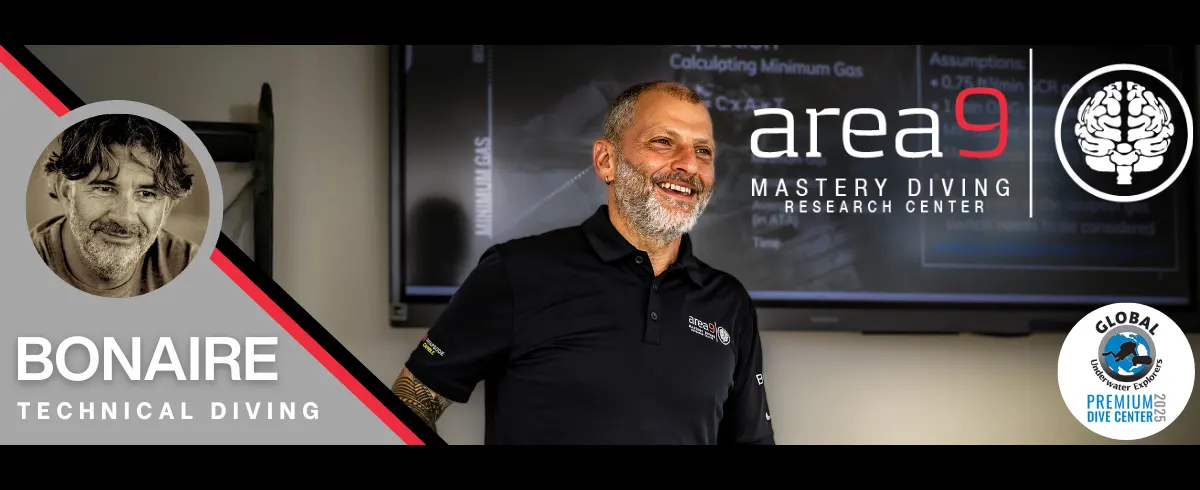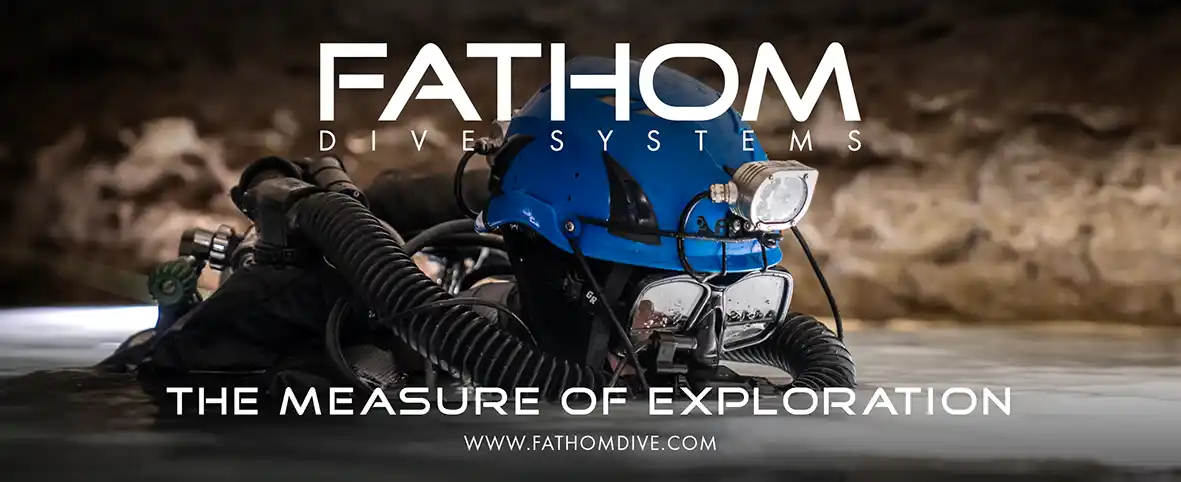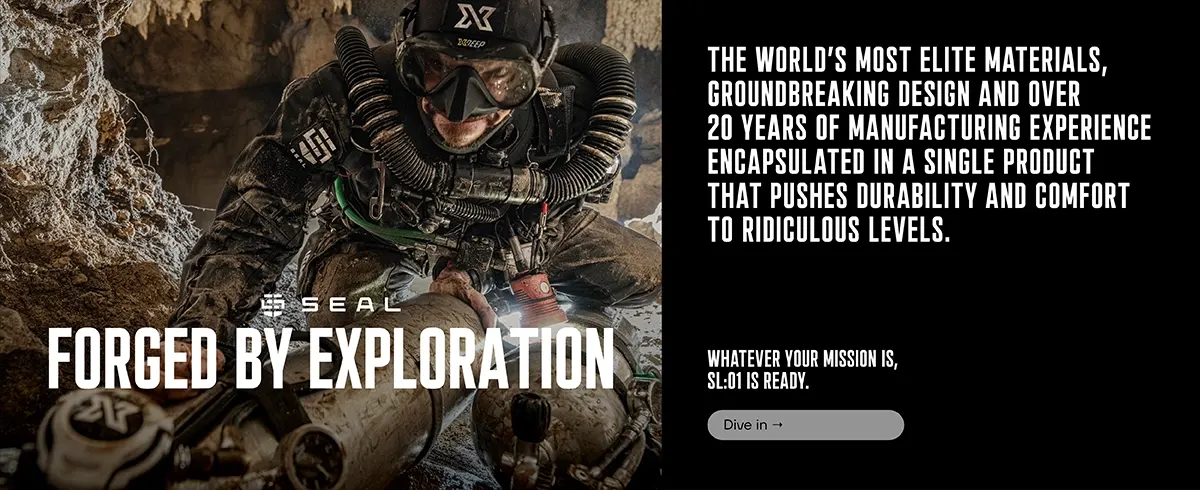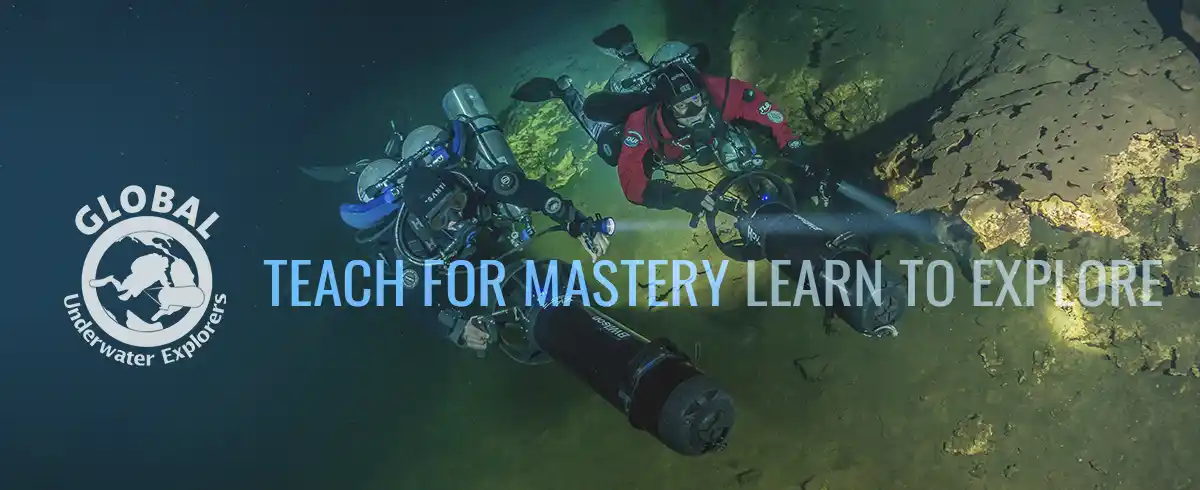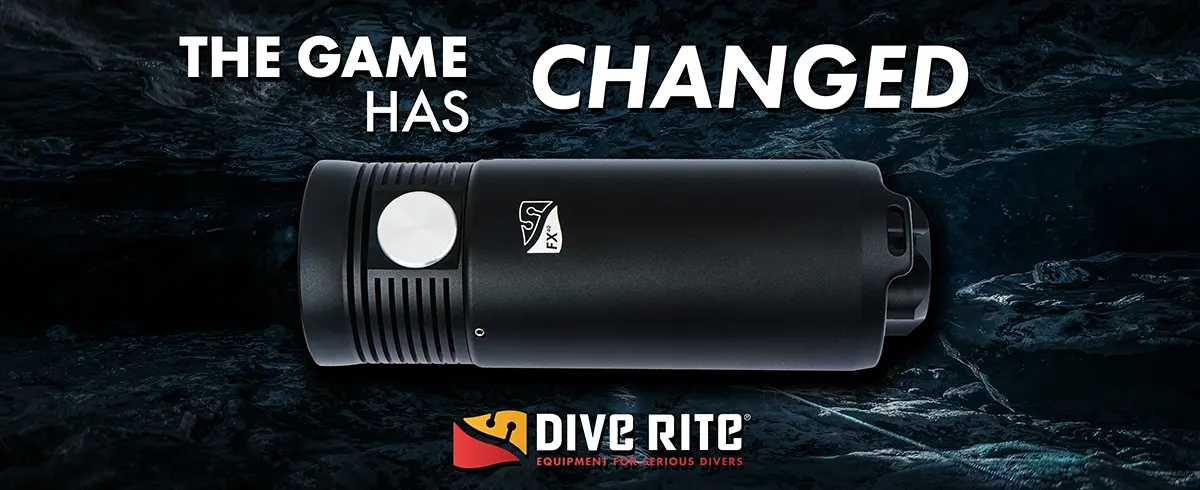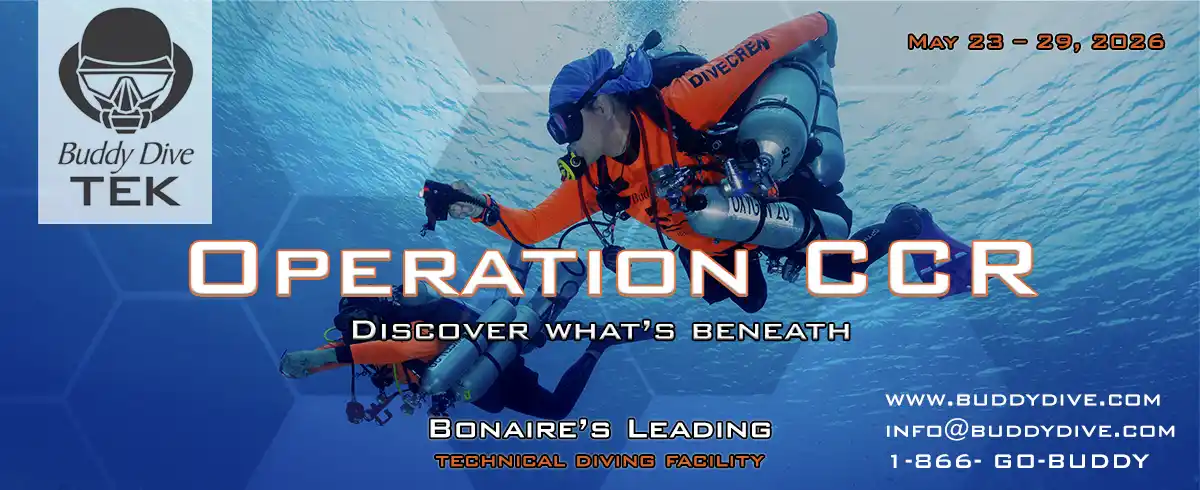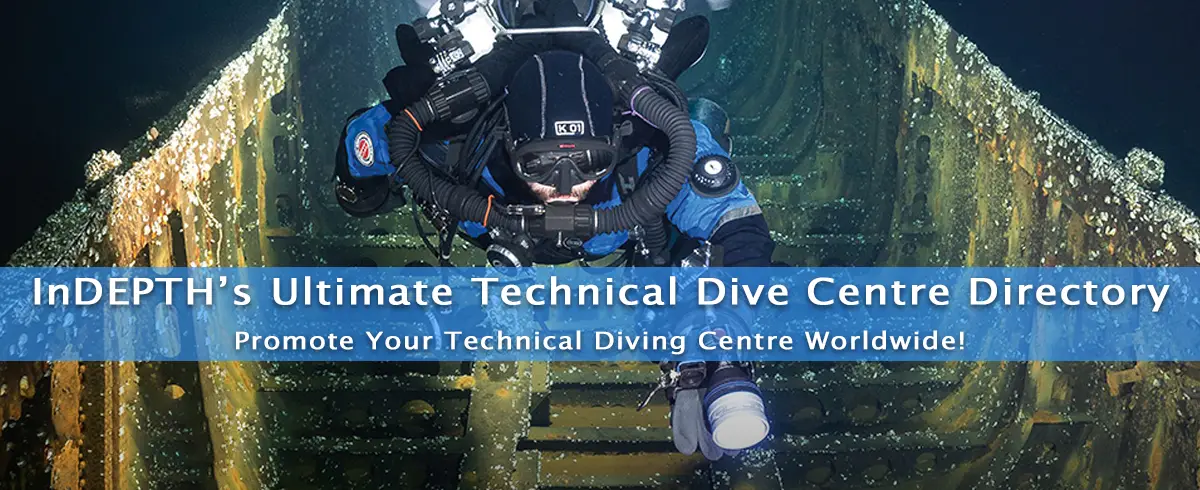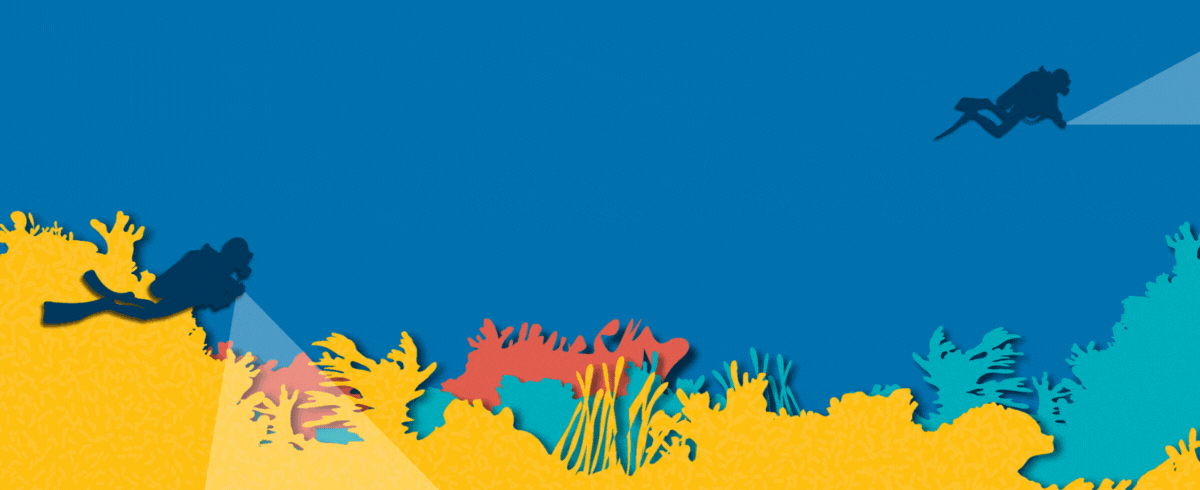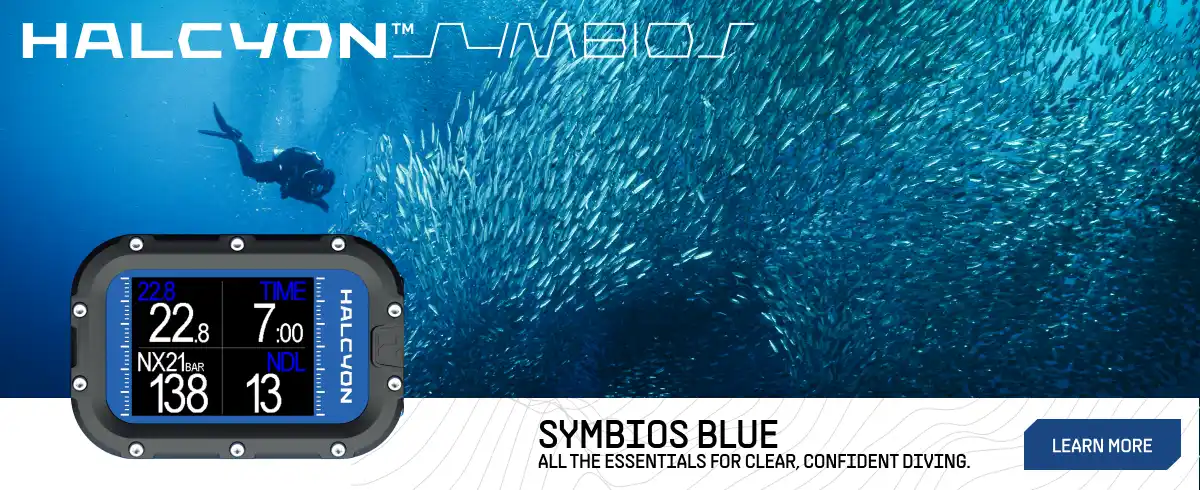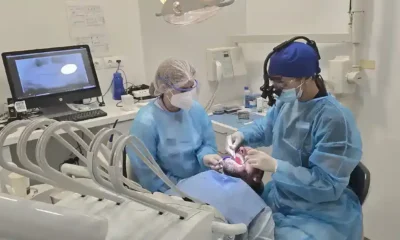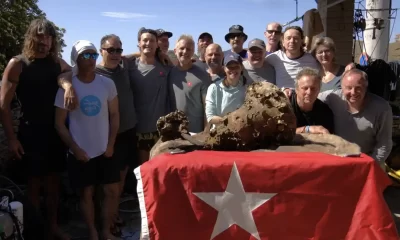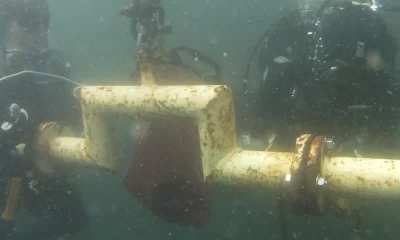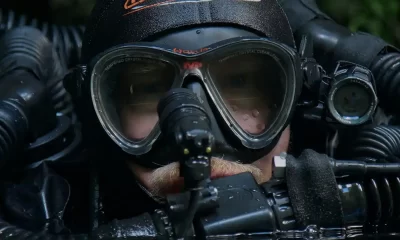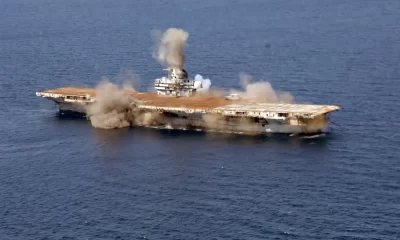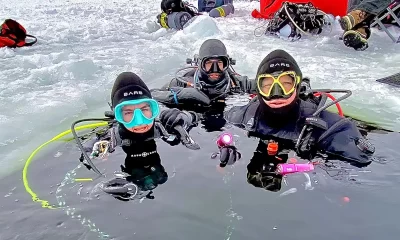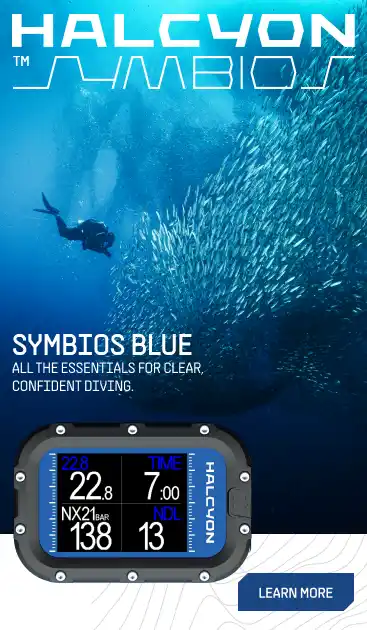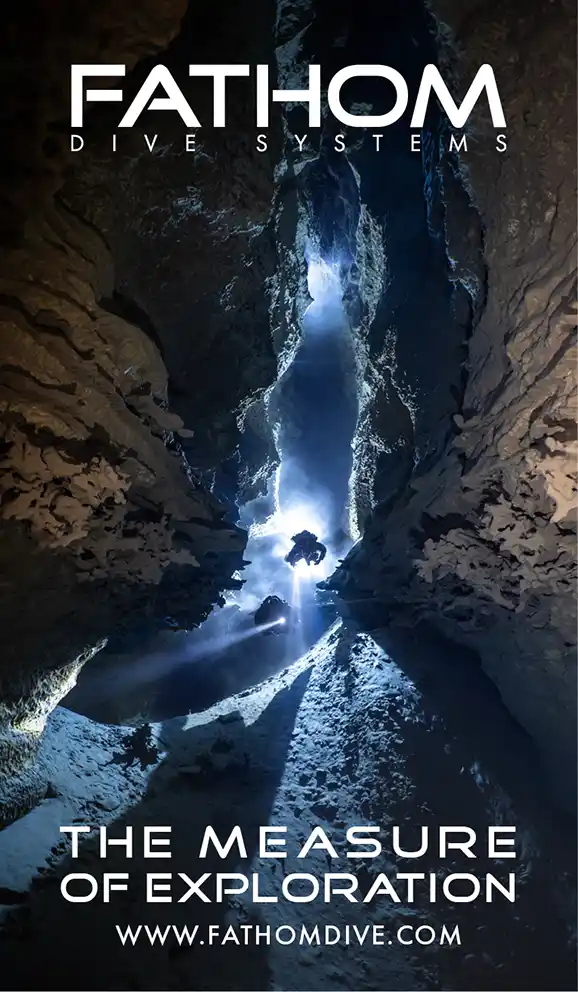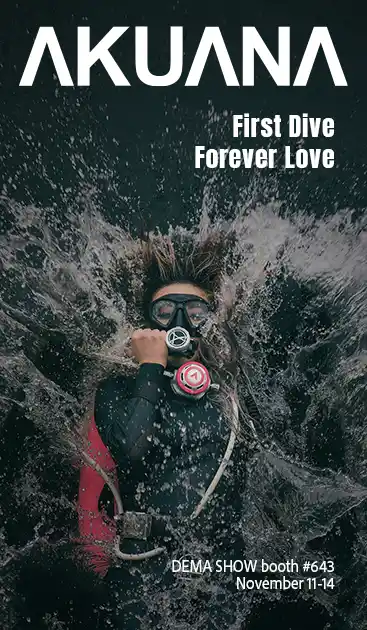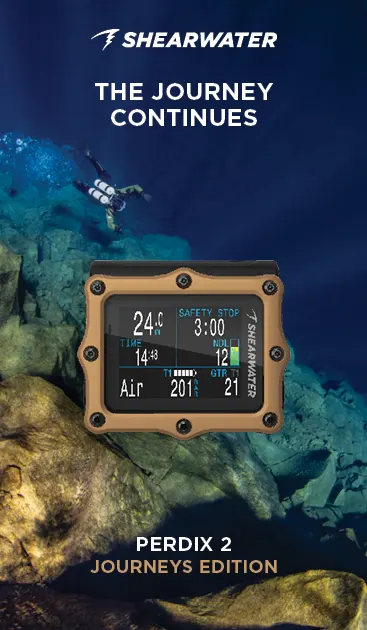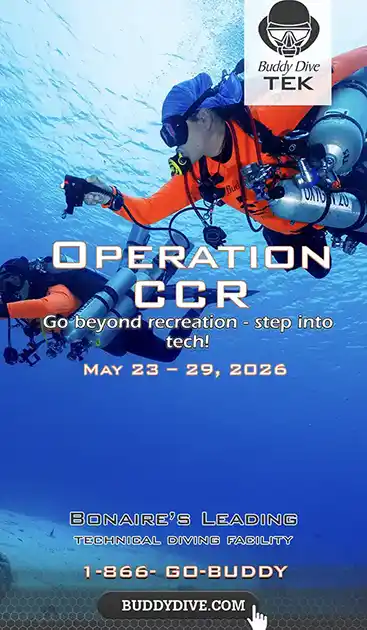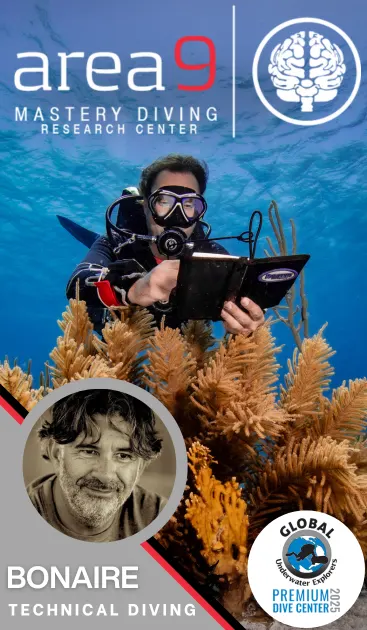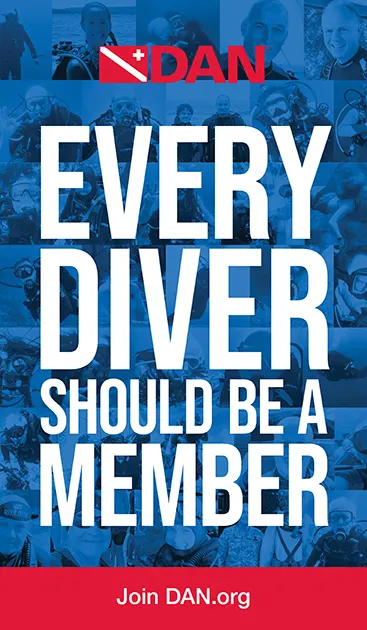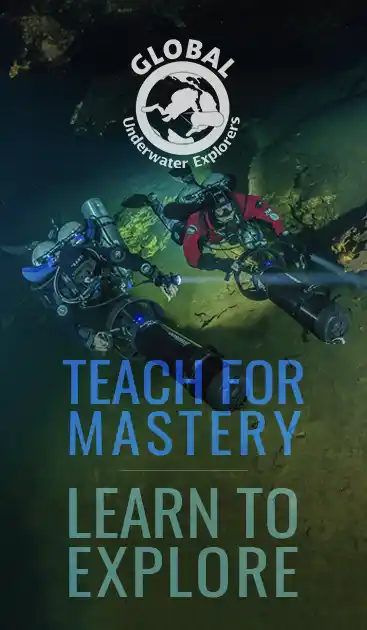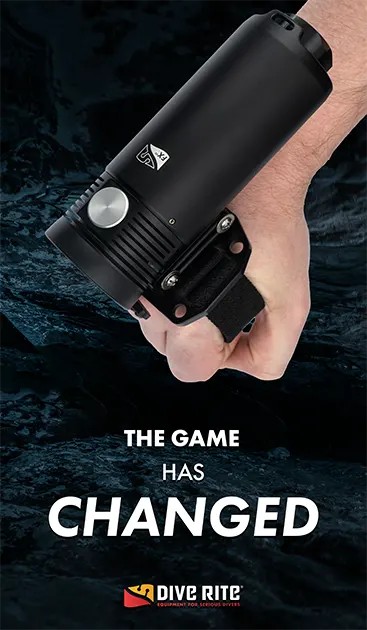Community
The Joys and Challenges of Teaching Kids To Dive
We all lament the fact that we don’t see more young people getting into diving. British instructor and content creator Victoria Brown
is doing something about it, and finding joy in the process.
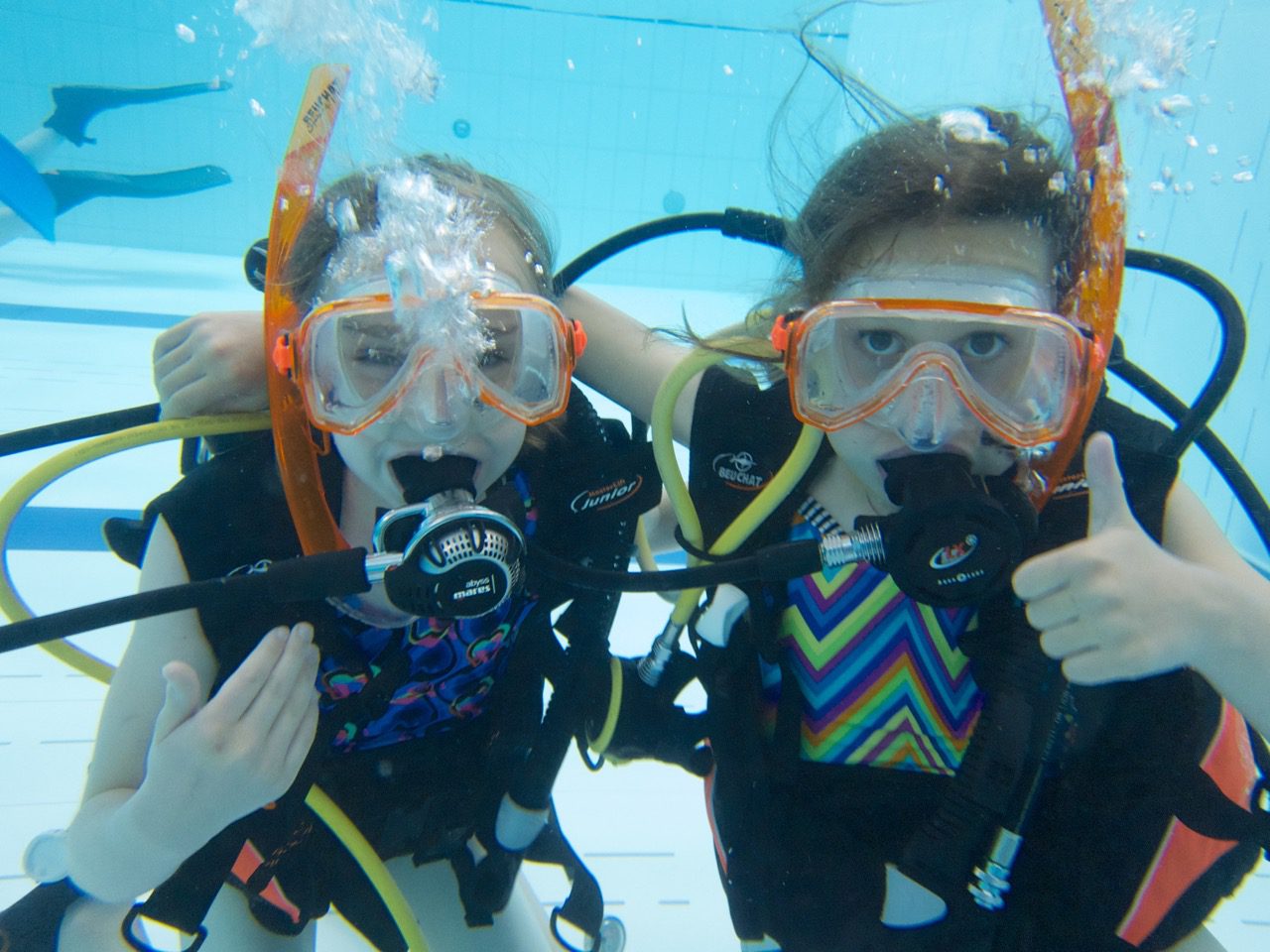
by Victoria Brown
Header Photo by Leo Grower, Ocean Leisure
The sound of escaping air whooshing through purge valves tears through me. I consider the impending hours I will be standing in front of the compressor, filling the cylinders as my group of divers is using their air supply as ammunition stocks for their new air guns. Sorry, I mean regulators.
I am dressed in my wetsuit, with my diving instructor hat on, loudly addressing the rowdy crowd of teenage boys, attempting to gain silence and get their attention. Futile, as you can imagine. In a bid to appear in control, I try again in a firmer voice, this time individually name checking each member of the group, none of whom are paying attention to me over the buzz of activity. I walk around the buddy pairs conducting final checks, repeating the pre-dive safety mnemonic to the group (that seems to slip their minds from week to week), ensuring the strict sequences are executed, sorting tangled hoses, and tightening the cam bands of BCDs worn by the next generation of divers.
The crowd of excited boys yells gas pressures to the instructor on surface support duty, and they waddle carefully in their fins toward the edge of the pool to get ready to make their giant stride entrances. This is Kid’s Club, and it is more than fun. Once I’m happy, I step into the water and all eyes are on me. I mutter the weekly joke about how cold it is in the 28°C/82°F pool and go on to instruct the divers to enter the water one by one.
In the next moment we are sinking into the magnificent azure of a hidden world in search of adventure, treasure, and marine life that we discussed just an hour ago during the dive briefing. In reality, the azure comes from the colored tiles that are creating the turquoise hue, outlined by darker navy blue bordering the lanes along the 25 m/82 ft length of the pool. The only marine life are the clumps of hair, rouge plasters and lost sparkly earrings missing their pair, glinting in the bright glow of the strip lights in the roof.
Ages 13-18, and amongst their school peers, the kids are concerned with looking cool and in control during their brave pursuit of the underwater world. The group is competitive and this helps them to up their game and achieve mastery in their skills. Any slight feelings of apprehension are put aside as they try to out hover each other in sweet trim and give the OK sign every few moments to their buddy.
Colour Me Child Diver
My first experience diving with children was when I began diving. As the youngest, keenest, and last member of the Brown family divers to experience diving, my family members were my trusted companions. In hindsight, I learnt the importance of looking after other divers from them. Of course, as a new diver I erred on the wild side with little regard for or understanding of safe diving practices. I would laugh until my regulator fell out and use my air up trying to gain some sort of semblance of neutral buoyancy as I darted around discovering new species of fish and corals. I was never left alone to my own devices. They kept me safe and away from danger, they always had my back (and my SPG in view), and they never constrained my exploration through underwater play.

As I edged out of my teens and into my 20s, I was teaching recreational courses every week. My first diving job was at a dive centre in London that ran a whole variety of kid friendly diving experiences, from “bubblemaker” parties to junior open water courses, via the PADI Seal Team. I immediately began instructing the kid’s courses, and I adored it. As a young female instructor working in a busy London dive center, I was relieved to have an audience that never questioned the level of experience I had in comparison to my age.
Teaching groups of kids brought a whole world of imagination and joy to diving that reminded me of my early days learning to dive. I felt a great sense of achievement every time I had the opportunity to lead a diver underwater for the first time and reveal the secrets of the deep. This feeling was heightened by the great enthusiasm of youth.
Hogwarts On Helium?
Nowadays, I run a scuba club at a south London boys’ school. It is magical. The school is mega, it feels like Hogwarts, and is set in stunning grounds. The facilities are excellent too, a large heated pool, hot showers and free cups of tea in the staffroom.

Each child has a unique personality, and it is this powerful individualism of each of my students that defines our communication in lessons. There are the loudest characters who want to catch me out and interrogate me about non-diving related issues in front of their buddies. Then there are the divers who ask a thousand questions, the quiet ones who listen, and the ones that do not! From the less sporty ones who persist in mastery of the skills we conduct in training to the ones who appear to already be born to dive, they all come together to share this extreme experience.
Despite the liveliness of some groups, as the time nears for open water qualifying dives the groups tend to knuckle down as their thoughts turn toward cold water, and they consider the severity of possible situations if things go wrong. Concentration and attention are increased tenfold during the final confined water training sessions. The divers are all there to learn now, their natural competitiveness subsides, and the team begins to work together.
Occasionally diving instructors are not keen on teaching children, for they are uninterested in what is perceived as ‘babysitting’. I find I have endless patience for the wee diving ones and find their spirit enchanting. Kids are not for the faint hearted. It is not the same as teaching adults, although I can recall a few occasions that maturity might be confused with age.
It is important to consider that they are not just smaller adults. They have shorter attention spans, and more quizzical questions arise; tactical explanations are a necessity if I want to successfully guide kids into diving. I learn so much from interacting and diving with the kids and appreciate their vivid originality. I also enjoy the challenges posed by some wonderful questions in class that spark awesome discussions.
Inspiring the NextGen
Sometimes teaching theory can be interrupted by the excitement of getting in the water, but it can also be more rewarding than the diving itself. Delivering a lesson in a firm, precise, and comprehensive manner can help. So can shorter, fun bursts that include a clear explanation of value, repetition where possible, and a lot of patience. I have a cool story to drop into at every moment, so when daydreams replace concentration, and students drift out of the classroom, sharing a gripping tale of an underwater adventure that I have had certainly grabs their attention
And another thing: when I hit waterside, ensuring that the kids have well-fitted equipment is essential. Smaller cylinders, kid-sized BCDs, well-fitted masks and smaller mouth pieces on regulator second stages and snorkels are critical.
One thing you learn when you spend time with children outside the water is anything that can happen, will happen. Introduce water, depth and equipment to the mix and it really gets exciting. There is not a moment you can safely take your eyes off the young students. You need eyes everywhere. Topside rules are check, check, and check again.

To me this is not a chore, it is part of the fun. The intense excitement is infectious, and when a group goes underwater to take their first breaths, it feels great watching the wonderment behind their eyes. I love asking the kids about how they feel and what it was like, and what they thought about.
Being a role model for my groups is incredibly important. I want to demonstrate how to be safe, have fun, and share experiences and adventures with their friends. Enabling the children of today to take the reins of tomorrow is going to change the future.
Imagine the possibilities as future underwater explorers and ocean advocates that learnt under your instruction go on to discover places where no one has ever dived before, or reverse the effects of climate change, or make more divers to protect our water sources.

Victoria Brown is a PADI Diving Instructor, Commercial Diver-Surface Supplied, and Technical Diver. Based in London, UK, she works as a freelance Content Creator for Suunto, Deeperblue.com, and Midlands Diving Chamber.


